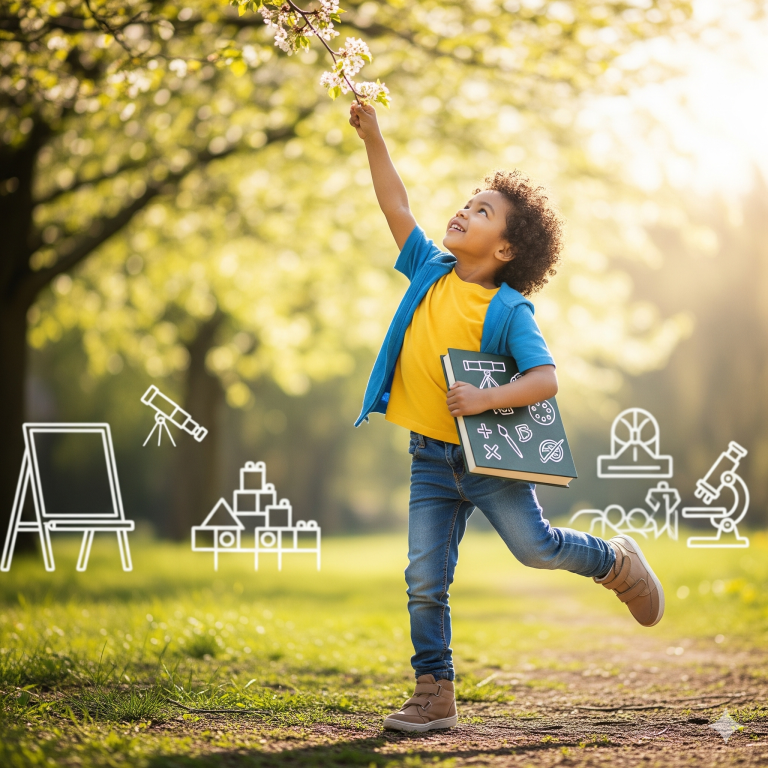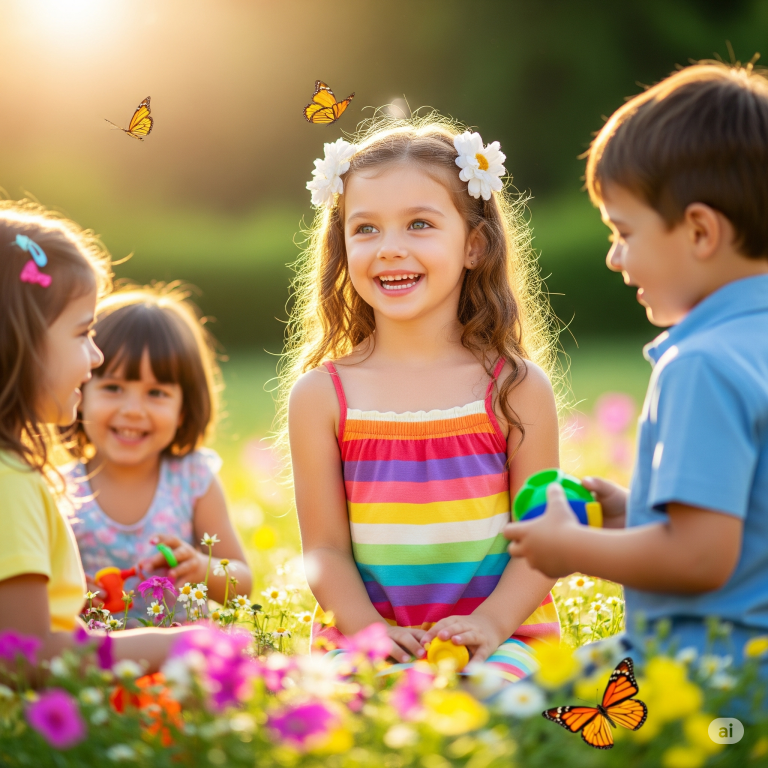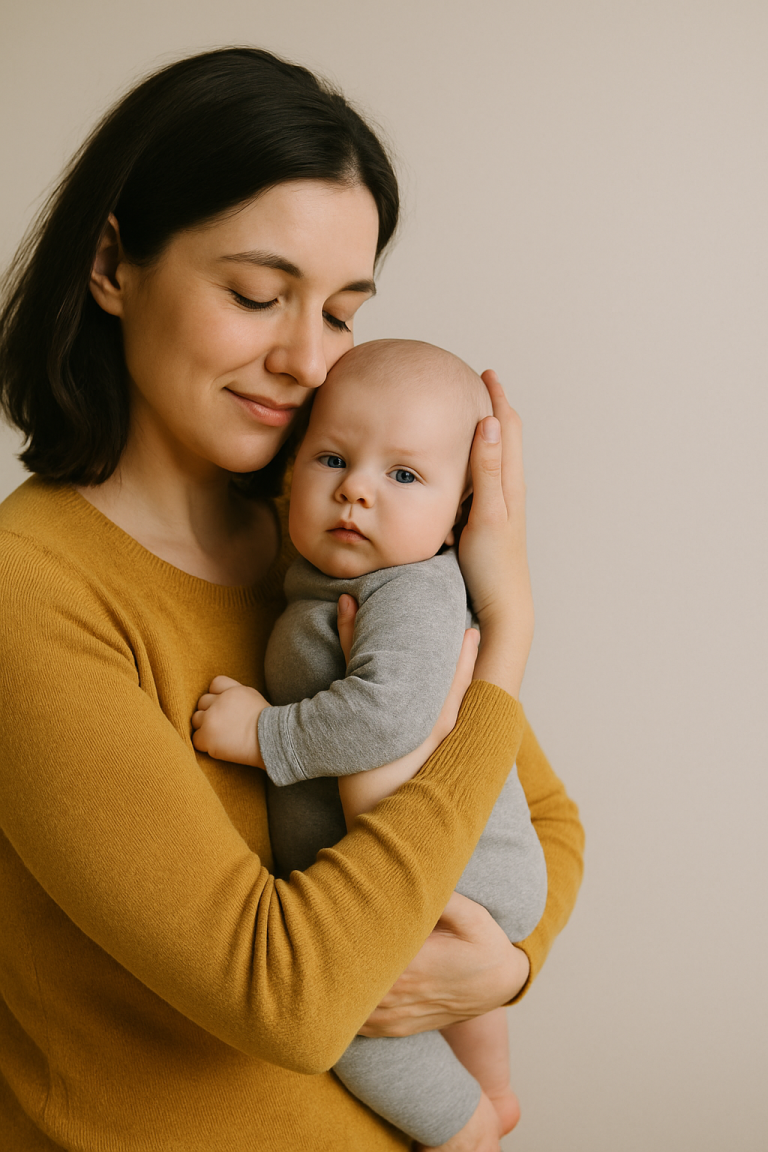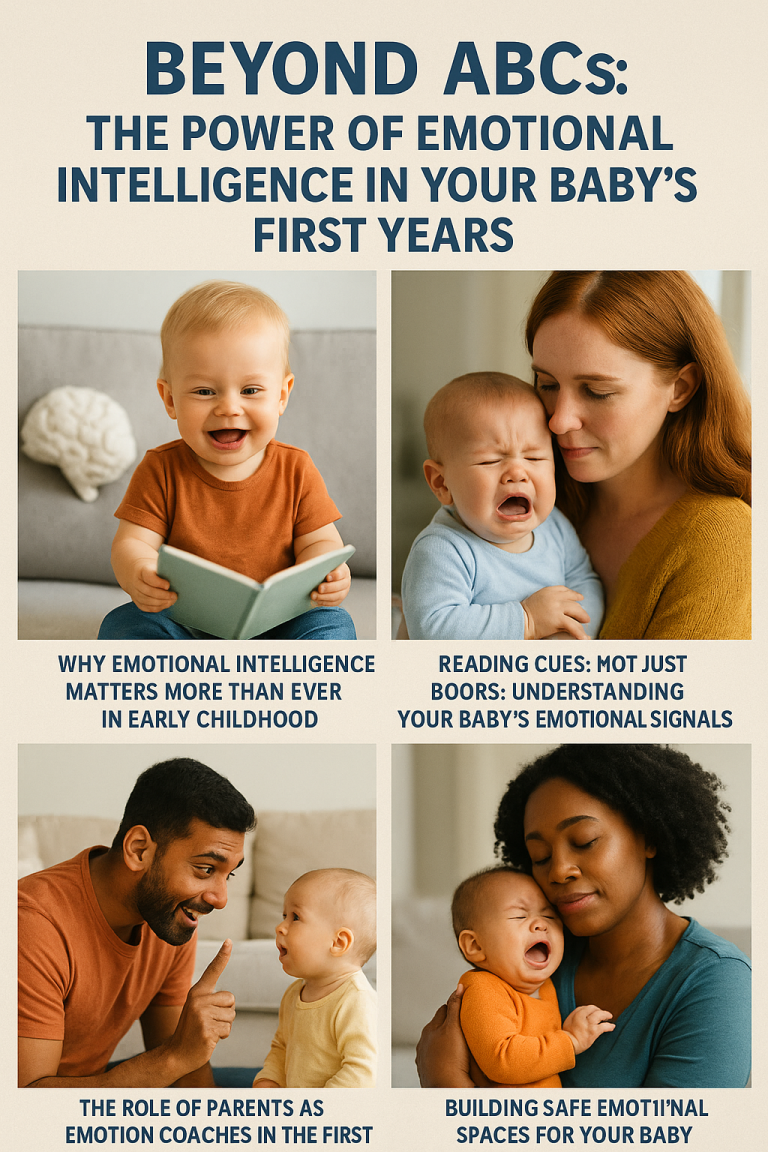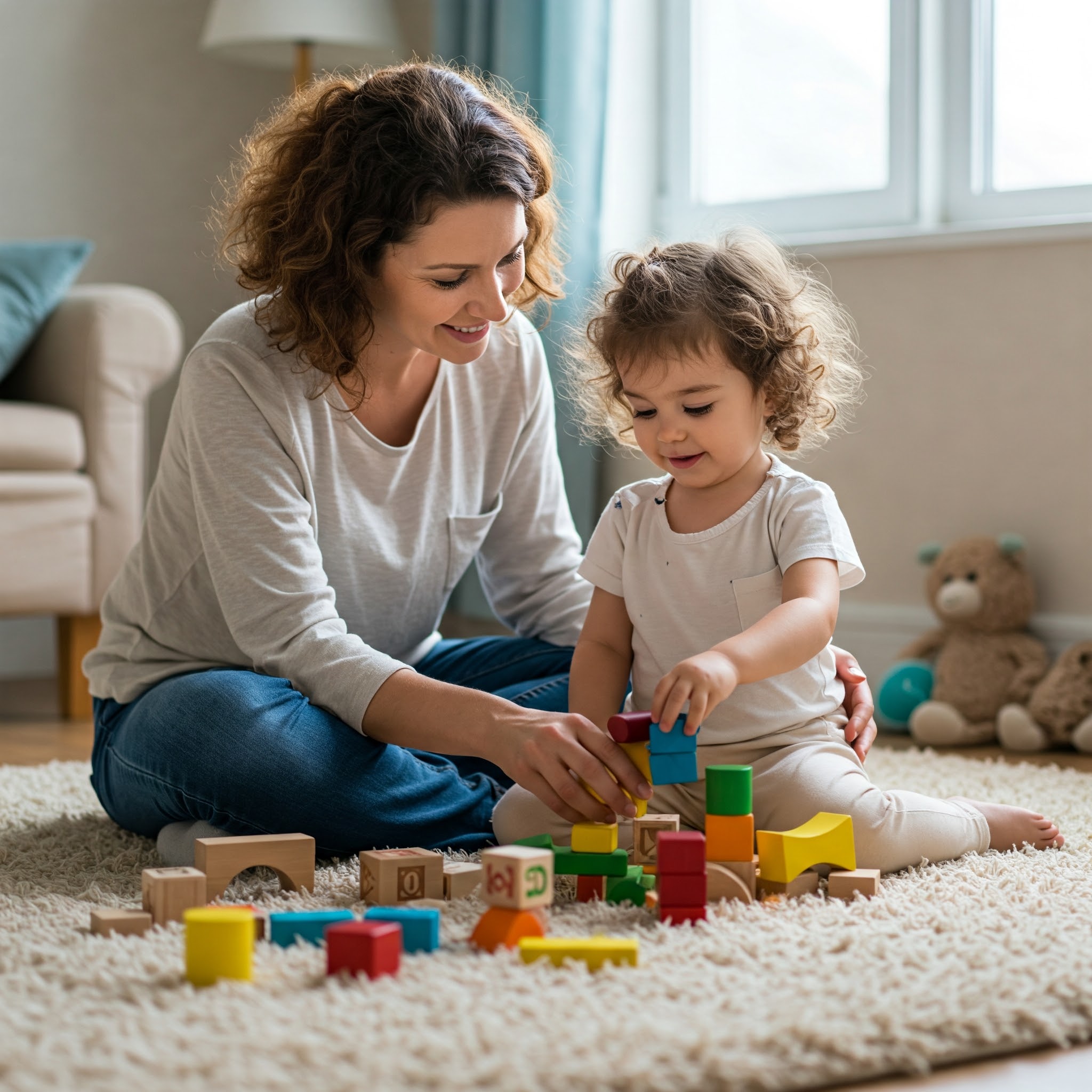
There’s a seismic shift rumbling beneath the surface of parenting. No longer content with the rigid hierarchies of yesteryear, today’s caregivers are reaching for something deeper—conscious connections. This is not simply about raising children; it’s about raising humans—emotionally intelligent, self-aware, empathic beings who walk through the world with intention and grace.
This new wave of parenting doesn’t shout, it listens. It doesn’t dominate, it dialogues. It doesn’t mold, it nurtures. And it’s rooted in a kaleidoscope of philosophies that value presence, emotional fluency, and mutual respect over obedience and control.
Welcome to the quiet revolution of New Age Parenting.
The Age of Awakening: Reimagining the Role of the Parent
Traditional parenting often operated on the principle of control: establish authority, enforce discipline, reward compliance. But as collective consciousness rises, a gentler yet firmer philosophy takes root. Parents are no longer commanders but conscious co-creators of their child’s developmental journey.
This evolution stems from a growing understanding that how we parent doesn’t just affect one child—it reverberates through generations. In embracing this truth, families begin breaking generational patterns: embracing conscious choices for a more connected family dynamic. Cycles of suppression, emotional dismissal, or authoritarianism are being lovingly interrupted.
Today’s parent isn’t just a caretaker—they are an emotional architect, a guide for the inner and outer worlds of their child. They are part scientist, part philosopher, part healer.
Beyond Discipline: Cultivating Understanding and Empathy in Parent-Child Relationships
Let us dismantle the brittle fortress of punishment and explore the vast gardens of empathy.
Discipline, in the old model, was synonymous with consequence. Misbehavior met swift correction. But a deeper look reveals behavior as communication—a mirror reflecting unmet needs, unresolved emotions, or misunderstood intentions.
Beyond Discipline: Cultivating Understanding and Empathy in Parent-Child Relationships invites a new response: curiosity. Instead of “How do I stop this behavior?” we ask, “What is this behavior telling me?” This shift is profound. Empathy replaces exasperation. Patience takes the place of punishment.
A child who is met with empathy doesn’t need to shout to be heard. They learn, over time, to regulate not out of fear but out of understanding. And when they falter—as all humans do—they are not shamed but supported.
This doesn’t mean permissiveness. It means parenting with precision and compassion. Boundaries still exist, but they are informed by connection rather than control.
The Mindful Parent: Fostering Presence and Emotional Regulation for Yourself and Your Child
In the flurry of tasks and to-do lists, presence is the rarest and most valuable currency.
The Mindful Parent: Fostering Presence and Emotional Regulation for Yourself and Your Child is not about perfection; it’s about showing up—fully, authentically, consistently. It means that when your child melts down at the grocery store, you breathe before you react. You feel your own emotions surge, and instead of snapping, you steady yourself. Not because it’s easy—but because you know that regulation is modeled, not taught.
Mindful parenting begins not with the child, but with the self. It asks: Have you tended your own emotional garden? Are you aware of the roots of your reactivity? Can you name what you’re feeling in the moment?
Children, intuitive beings that they are, mirror our energy more than our instructions. A dysregulated adult cannot expect a regulated child. But a present adult creates a field of safety where a child’s storm can pass.
Mindfulness is not a trick. It is a practice. A returning. A remembering.
Nurturing Inner Worlds: Encouraging Self-Expression and Emotional Literacy from a Young Age
The soul of a child is not a blank slate. It is a living manuscript, filled with untold stories, vibrant emotions, and unspoken dreams.
Nurturing Inner Worlds: Encouraging Self-Expression and Emotional Literacy from a Young Age is about honoring those internal landscapes. It’s about asking not just “What did you do today?” but “How did that feel?” It’s about equipping children with a vocabulary for their inner life—sadness, frustration, disappointment, wonder, awe.
This is how we raise children who don’t just behave well but live well—children who can say, “I’m feeling anxious and I need space,” or “I’m overwhelmed and I need help.”
Creative tools flourish in this environment. Art. Music. Journaling. Imaginative play. All become portals through which emotions are named and processed.
A child who is emotionally literate is not immune to life’s challenges. But they are more resilient. They are more connected to themselves and therefore to others. And they are less likely to outsource their emotional well-being to approval, performance, or suppression.
Connection Over Control: Building Trust and Cooperation Through Collaborative Parenting
What if parenting was less about rules and more about relationships?
Connection Over Control: Building Trust and Cooperation Through Collaborative Parenting proposes just that. It reframes power not as something to wield over children but as something to share with them. Cooperation doesn’t come through command—it blossoms in the soil of mutual respect.
This philosophy asks parents to shift from being rule-enforcers to boundary-holders, from micro-managers to collaborators. A child who feels heard is more likely to listen. A child who feels empowered is less likely to rebel.
Family meetings. Open dialogue. Collaborative decision-making. These are not tools of indulgence—they are tools of trust.
When children are invited into the fabric of family dynamics as contributors, not subordinates, they develop agency. And with that agency comes responsibility—not imposed, but embodied.
The Power of Listening: Creating a Safe Space for Children’s Voices and Perspectives
In a world that too often tells children to hush, to sit still, to fall in line—listening becomes an act of liberation.
The Power of Listening: Creating a Safe Space for Children’s Voices and Perspectives is revolutionary in its simplicity. It says: your thoughts matter. Your feelings matter. You matter.
Listening does not mean agreeing. It means holding space. It means hearing not just the words but the emotion beneath them. It means letting children express without the fear of ridicule or dismissal.
This safe space becomes sacred. It becomes the forge in which a child’s self-esteem is tempered, their confidence kindled. It tells them they are not invisible. That their voice is not too small, too silly, too much.
And as they grow, that internalized message blossoms. They become the adults who listen—to themselves, to others, to the world. They become bridges in a divided world, connectors in a fragmented society.
Parenting as a Mirror: What Our Reactions Reveal
New Age Parenting isn’t just about how we treat our children—it’s about what our children awaken in us.
Parenting reveals our unhealed wounds, our knee-jerk reactions, our unconscious narratives. It reflects our need for control, our fear of failure, our deep desire to be good enough. It asks us to look inward, again and again.
This is the sacred alchemy of conscious parenting. Every tantrum, every power struggle, every defiant “no” is an invitation. Not to domination—but to transformation.
We begin to ask:
- Why does this moment trigger me?
- What unmet need is being surfaced?
- What inner child of mine is crying out?
And through that inquiry, healing happens—not just for the parent, but for the entire family lineage.
Raising a Generation of Empathizers: The Societal Impact of New Age Parenting Philosophies
Imagine a world led by those who listen before they speak, who understand before they judge, who connect before they control.
Raising a Generation of Empathizers: The Societal Impact of New Age Parenting Philosophies is not a dream—it is a blueprint.
When children are raised with empathy, they become empathizers. When they are allowed to express, they become communicators. When they are respected, they become respecters. These aren’t just soft skills; they are the very fabric of a just and harmonious society.
The ripple effect is enormous. Schools become more inclusive. Workplaces become more humane. Politics become more collaborative. Community becomes more cohesive.
It all begins in the home. In the everyday moments. The bedtime stories. The car rides. The whispered I’m sorrys. The brave I forgive yous.
This is the quiet revolution. Not broadcast on headlines, but felt in hearts.
The Unlearning: Releasing the Myth of the Perfect Parent
At the heart of this movement is a radical permission: you don’t have to be perfect.
New Age Parenting isn’t a checklist—it’s a compass. It doesn’t say “Do this or fail.” It says “Be here. Be real. Be curious.”
This is the unlearning. Releasing the myth of the omnipotent parent. Allowing space for mistakes, for repair, for growth. Understanding that your worth as a parent is not measured by how calm you stay in every meltdown, but by your willingness to return—again and again—to presence, to love.
Children don’t need perfect parents. They need present ones.
Sacred Practices for Conscious Parenting
To anchor these philosophies into the soil of daily life, intentional practices help. Here are a few:
- Pause Before Response: In moments of stress, take one breath before reacting. One conscious inhale can shift the entire energy of the interaction.
- Reflective Listening: Mirror back your child’s feelings. “You’re feeling really frustrated because your block tower fell. That makes sense.”
- Emotional Check-ins: Build rituals where you both name your emotions—over breakfast, in the car, before bed.
- Parenting Mantras: “Connection before correction.” “Curiosity over control.” “Progress, not perfection.”
- Rupture and Repair: When you mess up, own it. Apologize sincerely. Model the art of humility and accountability.
A Future Built on Connection
The philosophies explored in this new age of parenting are not just trends—they are a testament to evolution. An acknowledgment that how we raise children shapes the soul of society.
Through connection over control, through empathy instead of enforcement, through presence instead of performance, we are cultivating something revolutionary: a generation rooted in self-awareness and compassion.
This is not just parenting. It is world-building.

